As a sixth-generation farmer, Fred Greer set out long ago to leave the land better than he found it. His life and career may have taken many unexpected twists and turns, but the 6-foot-3 Southern gentleman never strayed far from his roots.
I have always loved the land. As a social studies teacher in one of my lives, my favorite pursuit was to study geography in magazines like National Geographic, reference books like Encyclopedia Britannica, atlases, contour relief maps and now Google Maps via the Internet.
As a Boy Scout, I was taught to “pack out your trash” and to “leave the campsite better than you found it,” along with many other invaluable teachings. Growing up in the Deep South, my favorite time of year was the dead of winter. That was when I could actually see the hills and the lay of the land and clearly follow water’s course, as the summertime foliage no longer obscured the view.
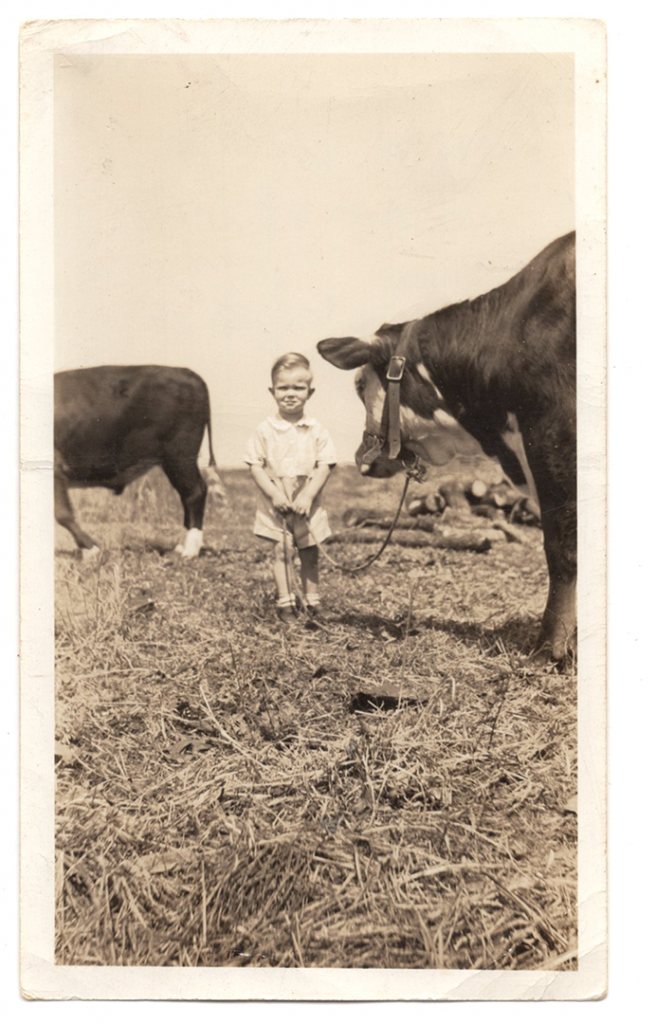
A couple decades ago, I wrote a newspaper column in which I talked about the different sound the wind makes as summer departs and autumn announces its arrival. I had been sitting on an eastern Newton County hillside near the Charlie Elliot Wildlife Center wondering what to write, and I heard that distinctive sound of the wind rattling the leaves. That sound and the slant of the sun in the late afternoon—it brings an ethereal yellow-orange glow, almost like a fog—inspired the column.
It came as a soothing balm the following week when I took a phone call from a fellow by the name of Fred Greer. He told me the column really spoke to him, which led to our having lunch together and launching a lasting friendship. I knew before we met that there had to be something special about someone who would call me out of nowhere, and I could not wait to see what manner of man would be so appreciative of a few hundred words expressing a love for the land.
“Along the way, I developed a deep-rooted love of the land. I love the way it interacts—literally—with everything.”
Fred Greer
As it happens, Greer is still a ramrod-straight, 6-foot-3 or so spitting image of what a genteel Southern gentleman looks and acts like in everyone’s imagination. A sixth-generation farmer, his family—the family for which the Hayston area is named—first settled near Mansfield in 1820. After school in his younger days, he toiled alongside his father on the family farm. While using a mule to help pull stumps out of a hollow as he helped build a pond, he learned the value of a strong work ethic and that the most important traits he could pursue were to build good personal character and unquestionable integrity.
“Along the way,” Greer said, “I developed a deep-rooted love of the land. I love the way it interacts—literally—with everything. I wanted to always be a good steward of this land and to leave it better than I found it.”
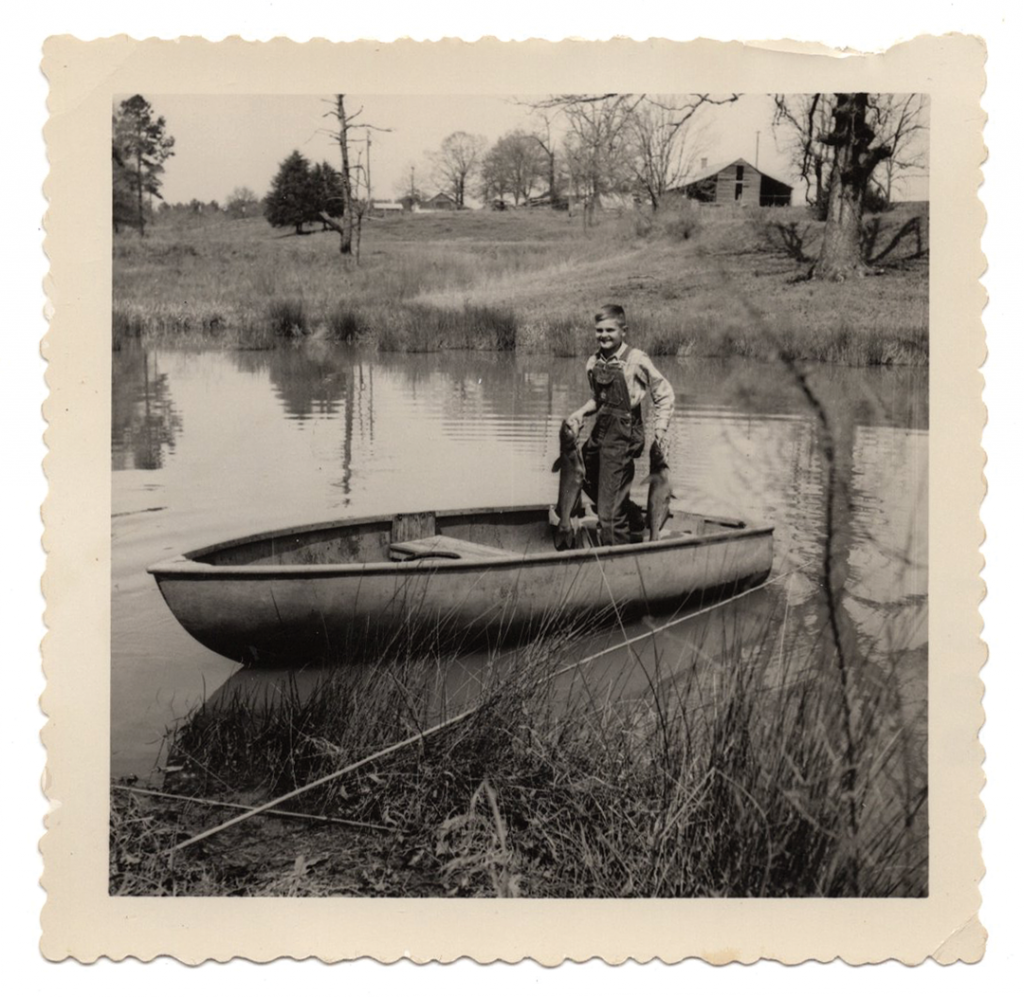
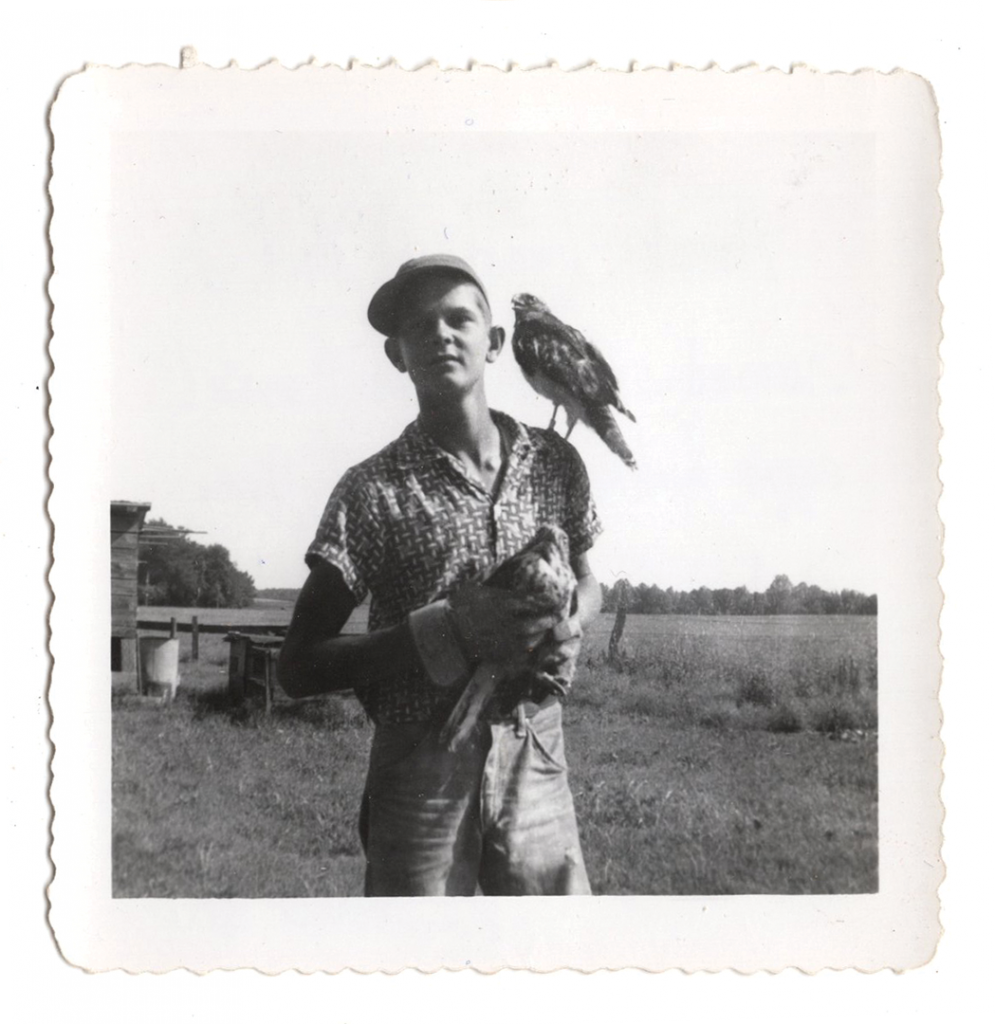
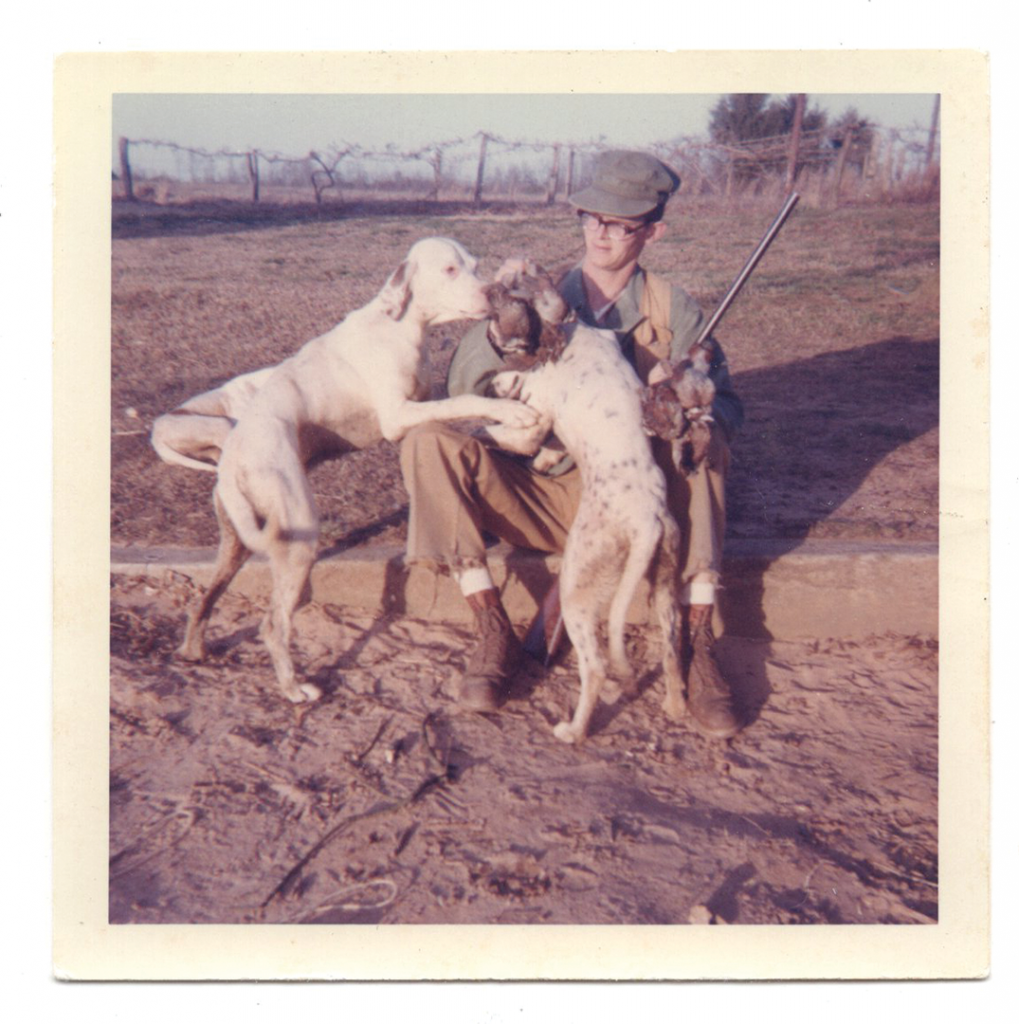
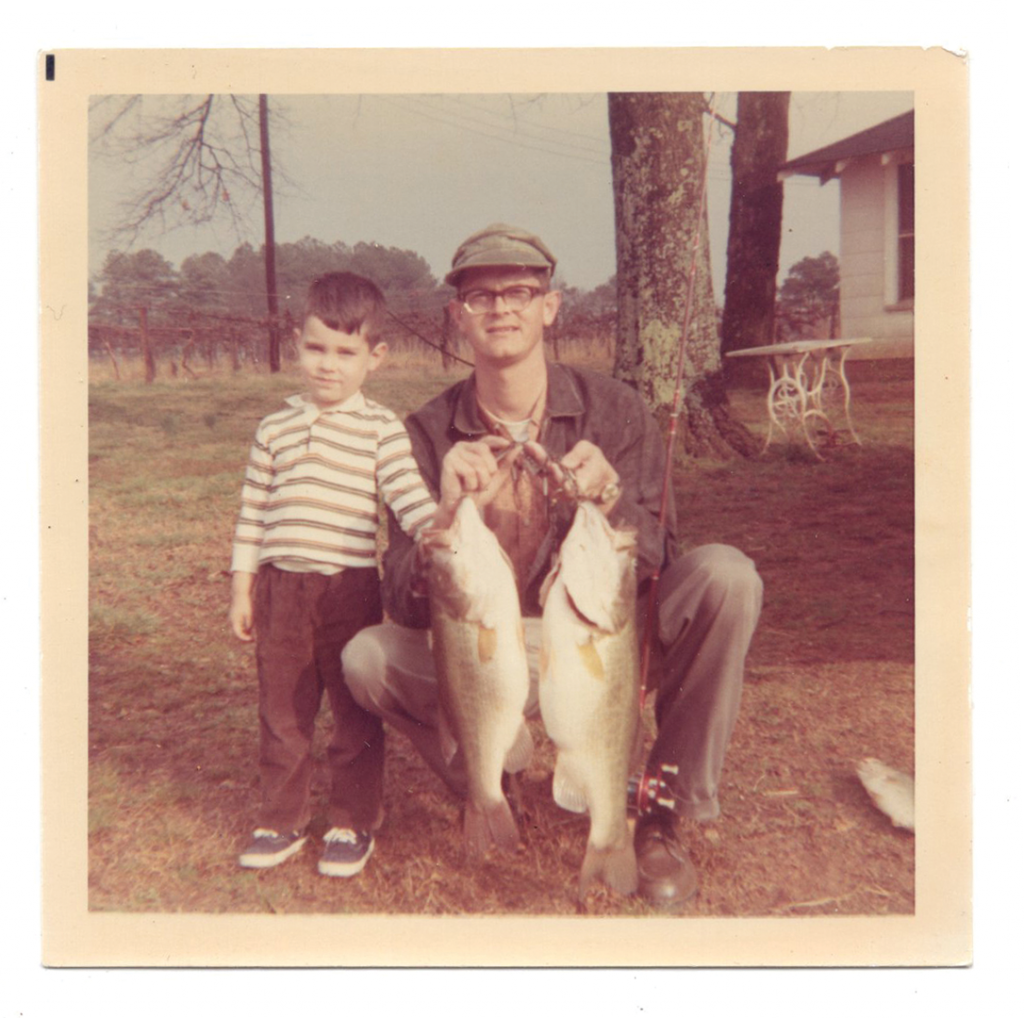
Greer can consider that mission accomplished. He has cattle, timber holdings and hay fields, and he manages the entire sprawling farm with such a pure ecological intent that there is no fouled water to be found anywhere, even in the fenced areas where his cows feed and water. People in Greer’s position do not receive accolades by being less than the absolute best at what they do. In 2006, he was recognized as the national winner of the Environmental Stewardship Award by the United States Department of Agriculture’s National Resources Conservation Service, having been nominated by the Georgia Cattlemen’s Association.
“I credit God and my Daddy and the support of my wife Peggy for that honor,” Greer said. “We’re a partnership, Peggy and me, as we have been from the first time I ever laid eyes on her. She got on the school bus after moving to Mansfield from Augusta when we were in fourth grade.”
Fred and Peggy Greer were sweethearts right from the start, from Mansfield graduation in eighth grade and Newton High School to his time at the University of Georgia and his 1957–65 enlistment in the United States Army. He built his academy legacy, and Peggy worked in banks such as Clark Federal and Newton Federal. Married for 61 incredible years, they have two children—Fred III and Lee Ann—and four grandchildren. I had not known about Greer’s military service, so I asked him about it once.
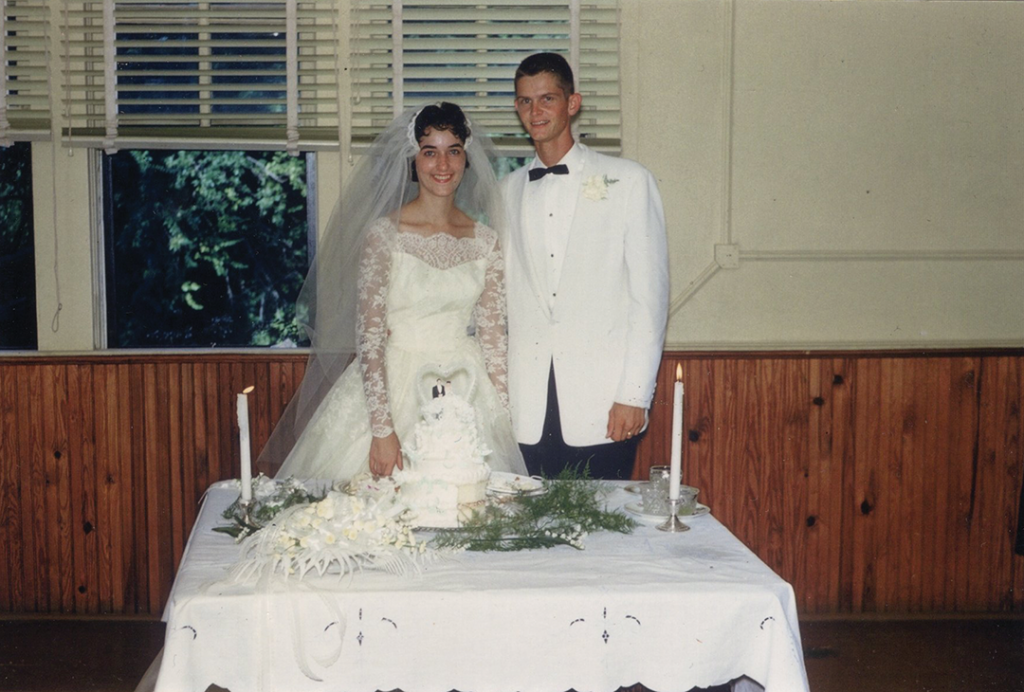
“The Army is why I wear these hearing aids,” he said. “I was in the artillery, the 81st Anti-Aircraft unit, and was based at Fort Jackson on active duty and then did years of reserve duty at Fort Stewart down in South Georgia.”
During his time in the military, Greer matriculated to UGA, where an entirely different and incredibly remarkable chapter of his life began to be written. While moving toward earning his bachelor’s degree in Agriculture and Environmental Sciences and eventually adding his master’s degree through the application of those tenets learned from his father, Greer attracted the attention of some of the movers and shakers who helped build Georgia agribusiness into the formidable force that fuels much of the state’s economy today.
To list all the luminaries with whom Greer crossed paths would fill a small book, but he was twice Student of the Year in his division at the University of Georgia and earned the respect of people like J.W. Fanning, who headed the Agricultural Economics Department and later built Leadership Georgia. W.A. “Bill” Sutton, the man who built Rock Eagle in Putnam County as head of the Extension Service, enlisted Greer for the extension staff in Morgan County.
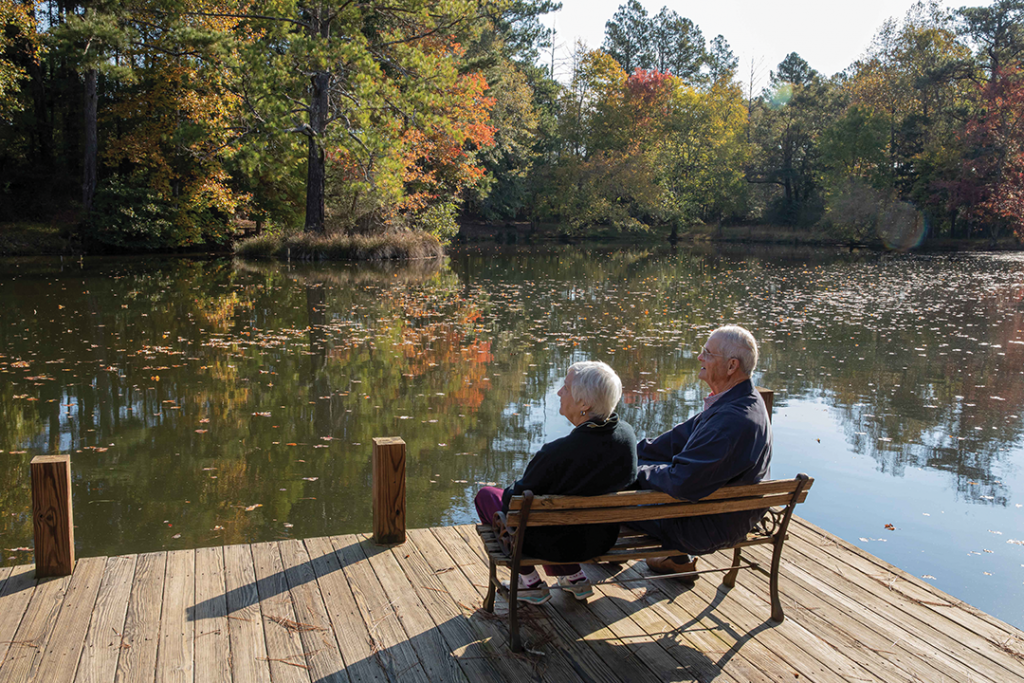
By then, C&S Bank President Mills Lane, a major 4-H supporter, decided to create an agribusiness division within the bank and chose Greer to run it. Greer initially planned on being there for a little more than three years, but three turned into five and five turned into 28-plus.
“C&S became like a family to everyone there,” he said. “No matter how large the division and the bank became, we ran it with our word as our bond. We expanded into government relations, as we knew virtually all the farmers and the bankers who financed those farmers across the state, and it grew from there.”
However, when the era of mergers approached and C&S was about to become part of a larger enterprise, Greer decided it was the right time to call it a day. He had served on the agribusiness board, been President of the University of Georgia Agriculture Alumni Association and was the youngest member to be elected to the UGA Agriculture Hall of Fame on the first ballot.
“My intent was to come home to farm,” Greer said with a chuckle, “but then Rob Fowler called one day and told me I needed to drop in on him at the Bank of Covington.” From that casual meeting, Mainstreet Holding Company was formed, and Greer served as president and CEO of Mainstreet Banks for another five years. “It was fun,” he said. “We were able to do business the old-fashioned way, with a handshake and by letting folks understand that our word was our bond.”
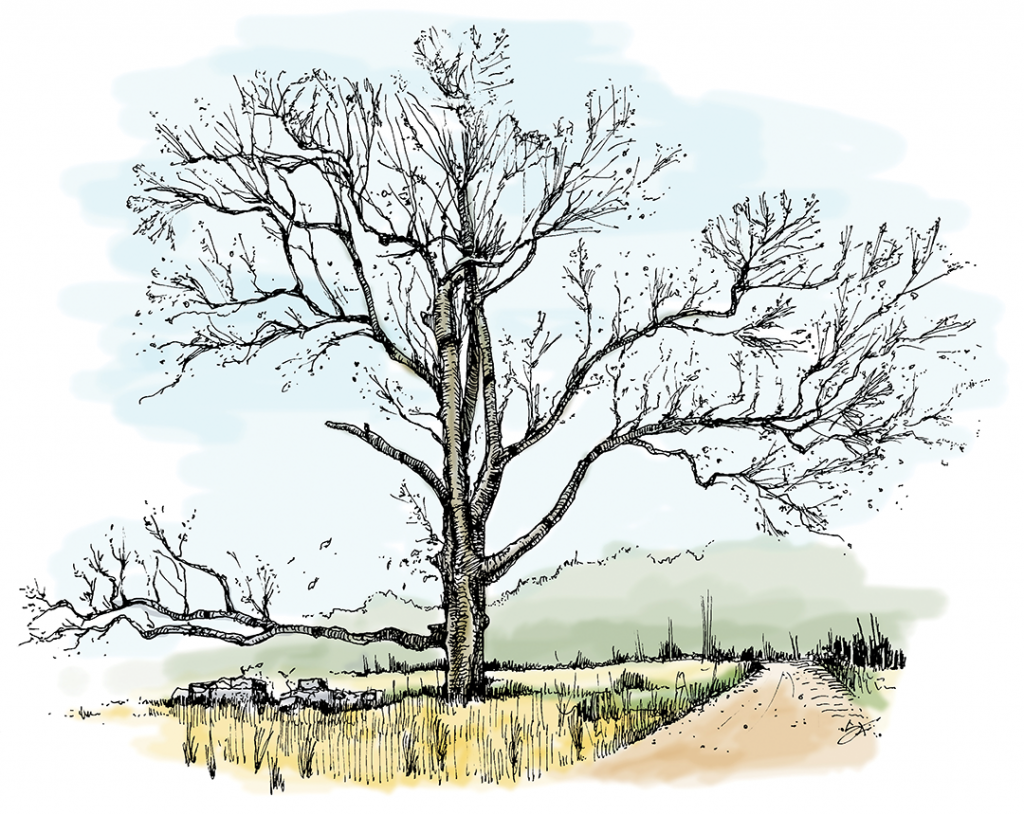
These days find the Greers enjoying life on the farm. On Sundays, Fred remains a fixture on the back right pew of Luther Hays Presbyterian Church in Hayston. They have restored some of the old buildings on their property, including the old store where they keep Coca-Colas and peanuts on hand, and they make sure they have a little something extra for a small herd of deer that visits regularly.
I am eternally grateful that I ran across a case of writer’s block some 20 years ago and drove my old Jeep out to eastern Newton County, that I sat there on a hillside and heard the wind announce summer’s departure and autumn’s imminent arrival, that I wrote a simple column about loving the lay of the land and how much I love geography. Had it not happened, I doubt that I would have ever had the privilege of meeting one of the most truly remarkable people I have ever known.
Click here to read more stories by Nat Harwell.

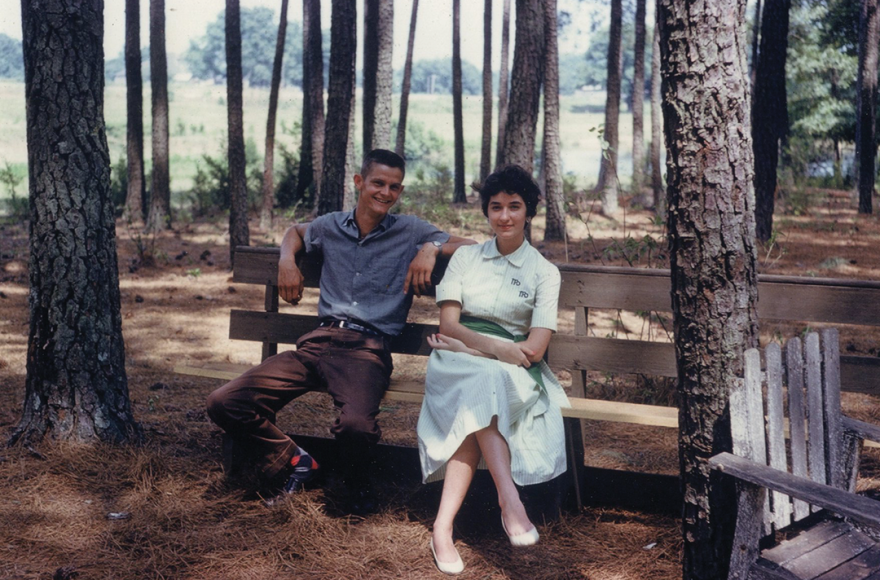
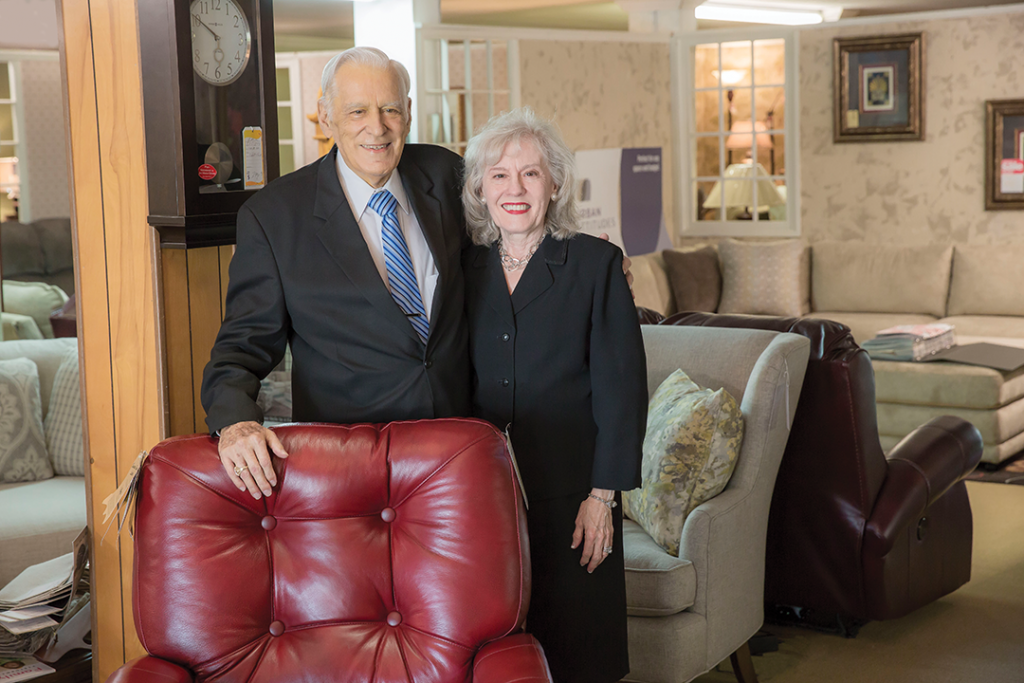
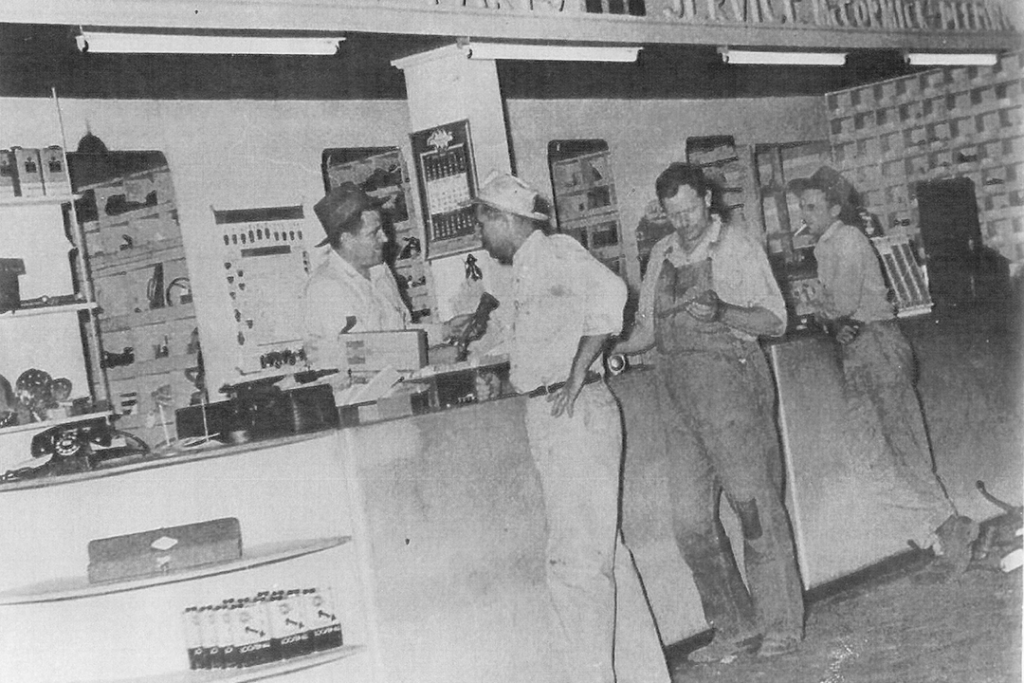
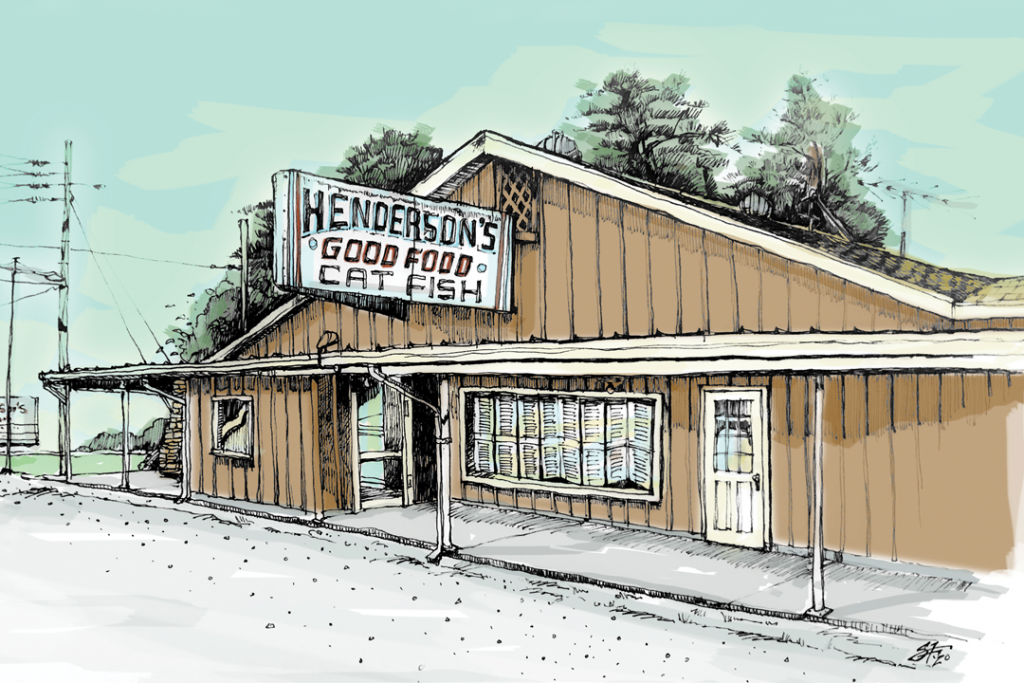
5 comments
Fred is my uncle and what you perceived about him is completely reality….salt of the earth for sure.
Thanks !
I knew Fred Greer’s father. He was a great man who had a strict work ethic. He was kind and loved his land and farm. Fred Greer, Jr. had big shoes to fill and he has did it well. Fred has done an outstanding job preserving the land and sharing his knowledge with others.
Fred was always Freddie to me, my first cousin, because his mother Louise was my father Joe’s sister. Growing up in Jacksonville, we took trips to Covington and visited many times as I grew up. His father, my Uncle Fred taught me to not be afraid of being near a cow. His mother taught me to can fruits. Once my father retired, he and my mother lived on the land where the Hays general store was so when I went to visit, I got to see Peggy and Freddie. The pond was one of my children’s earliest memories. I would love to be in touch with them again. My name was Amy Jo Barnette growing up. Fred’s mother was Louise Barnette, my dad’s sister. Please pass my e-mail on to them: amycaldwell@mac.com
Mr. Freddy Greer is how I’ve always known him. He & Mrs. Peggy are two of the most genuine, caring, and kindest people I have the pleasure of knowing. My fiancé, Jacob let Mr. Greer in high school. Freddy hired him to help out on the farm on the weekends. Since then, we have been known to drop in on Mr. Fred and Mrs. Peggy from time to time to visit with them. Mr. Greer is easily one of the most interesting people I know. I could sit and listen to his life stories forever. I love this article and how it portrays this sweet southern couple.